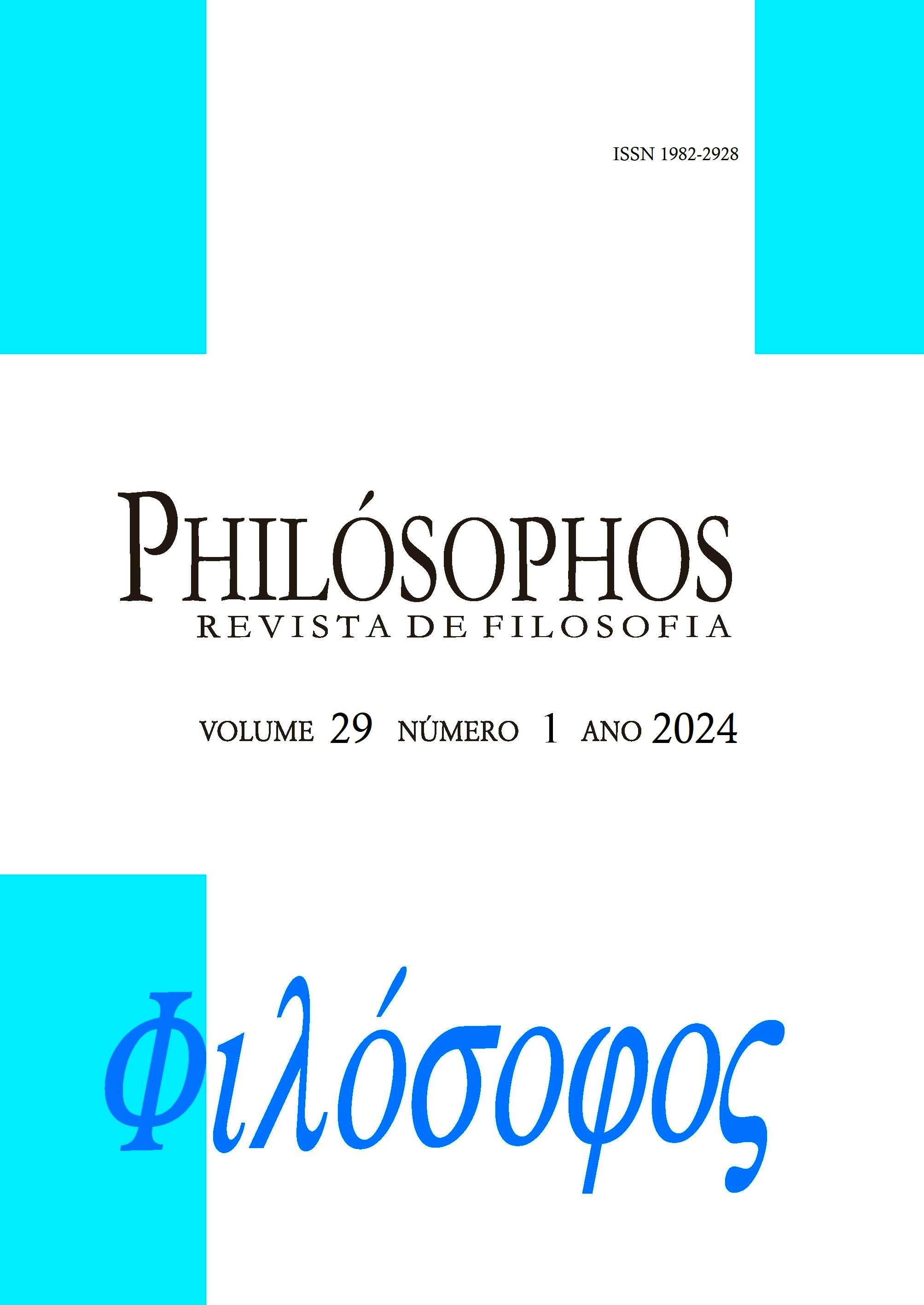Inferential limits of Machine’s Intelligence
Can Kant teach us anything about the content of A.I. judgments?
DOI:
https://doi.org/10.5216/phi.v29i1.78657Palavras-chave:
Inferentialism, artificial intelligence, synthetic unity of apperception, Dummett, Kant.Resumo
We argue that a framework for comprehending the basic differences between the mental structures of humans and machines (as they currently exist) is established by Transcendental Analytics' argument in the Critique of Pure Reason. It will be demonstrated that Kant's theory of the synthetic unity of apperception, as established by Transcendental Analytics' argument in the Critique of Pure Reason, along with Dummett's theory of meaning for meaning-theoretical predictions of inferential connections, can assist in establishing this framework. When combined, these form a framework for organizing a coherent differentiation between what we refer to as the conscious grasp of the unity that is present during judgment and the machine-performed manipulation of signs. In the end, we will present an appendix on the underdevelopment of the Kantian framework for distinguishing artificial intelligence from human intelligence.
Downloads
Downloads
Publicado
Como Citar
Edição
Seção
Licença
Copyright (c) 2024 Philósophos - Revista de Filosofia

Este trabalho está licenciado sob uma licença Creative Commons Attribution-NonCommercial-NoDerivatives 4.0 International License.
Autores que publicam nesta revista concordam com os seguintes termos:
- Autores mantêm os direitos autorais e concedem à revista o direito de primeira publicação, sendo o trabalho simultaneamente licenciado sob a Creative Commons Attribution License o que permite o compartilhamento do trabalho com reconhecimento da autoria do trabalho e publicação inicial nesta revista.
- Autores têm autorização para assumir contratos adicionais separadamente, para distribuição não-exclusiva da versão do trabalho publicada nesta revista (ex.: publicar em repositório institucional ou como capítulo de livro), com reconhecimento de autoria e publicação inicial nesta revista.















